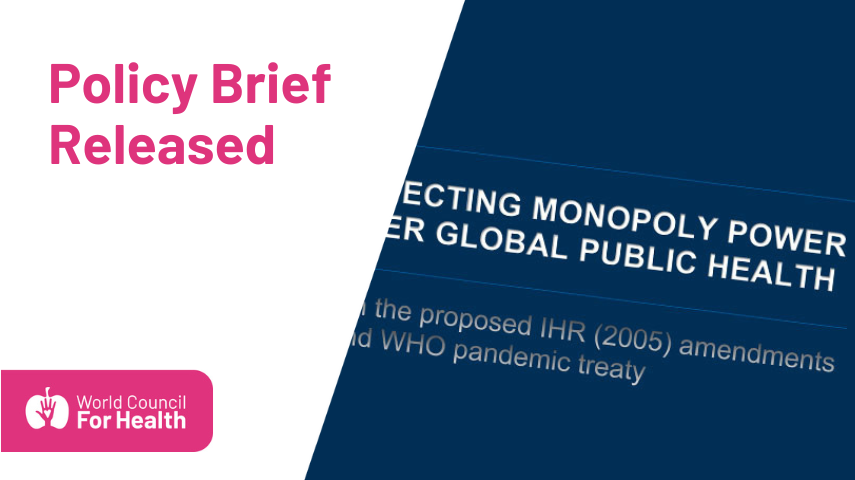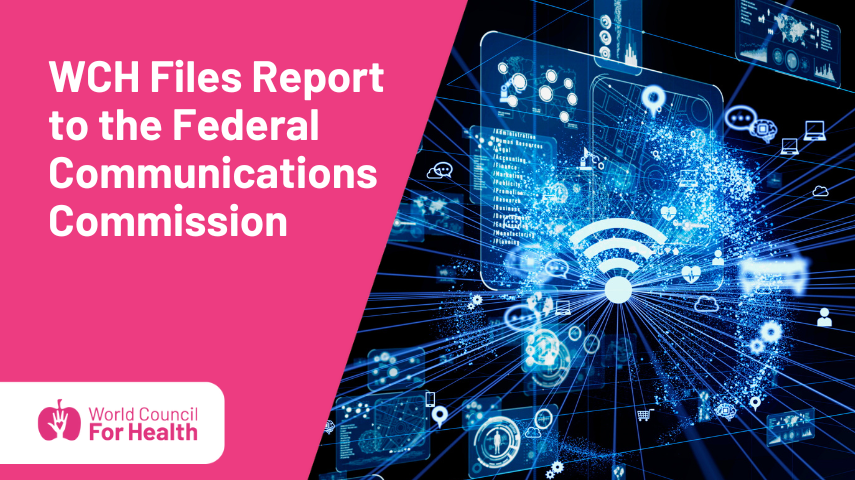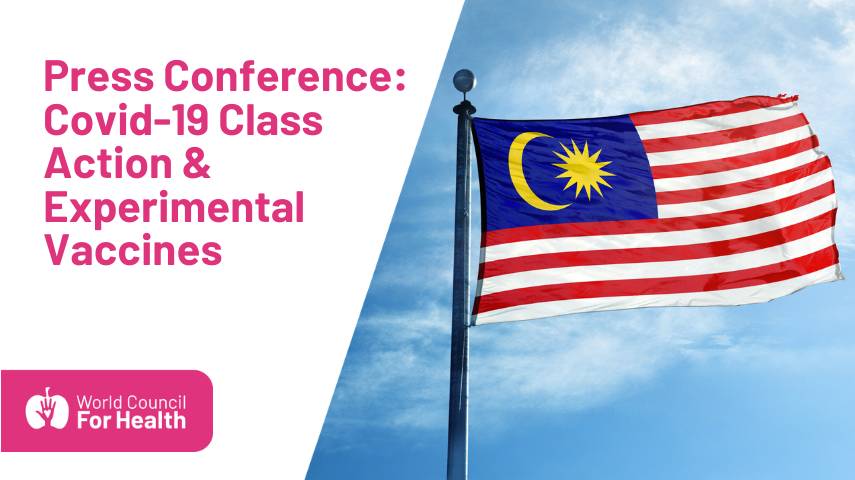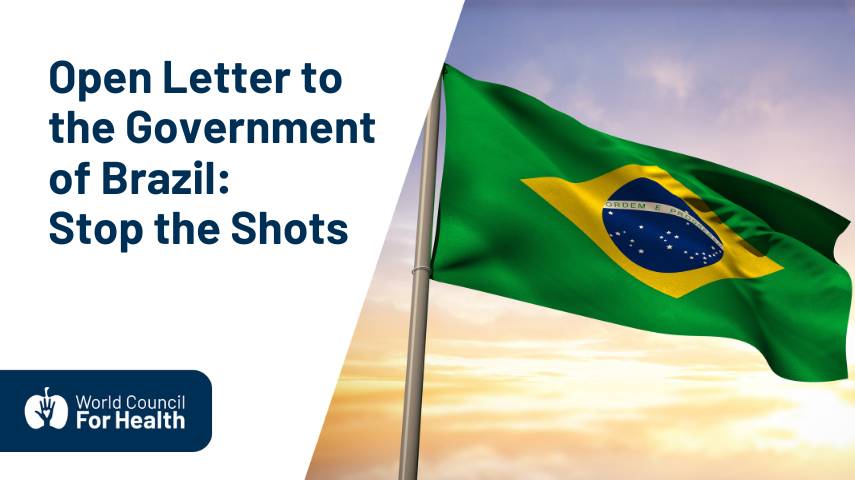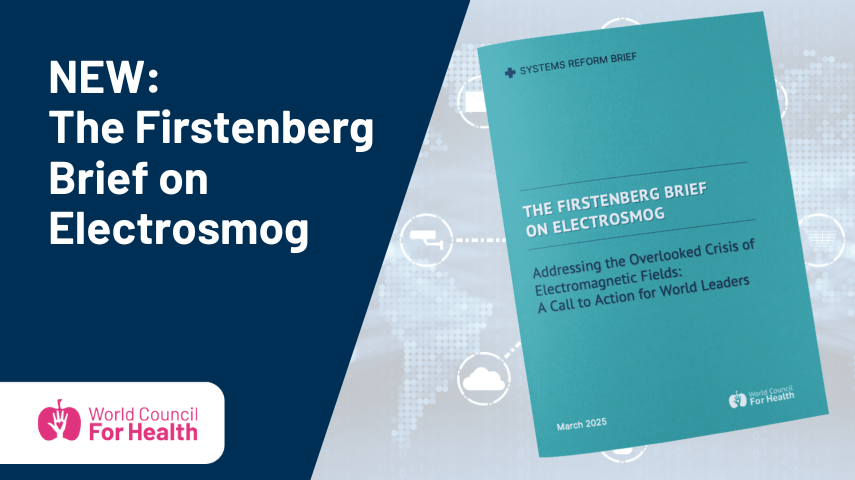WCH policy expert group urges the rejection of some of the submitted amendments to the International Health Regulations (2005) and the WHO draft pandemic treaty to counter monopolization of global health
Bath, 13 April 2023 – An expert group in political science and law has prepared for release today an in-depth policy brief on the proposed amendments to the International Health Regulations (2005) and the WHO pandemic treaty/accord (WHO CA+). These two complementary instruments of international law are currently being negotiated by the WHO, its member states and private stakeholders in relations with the supranational body for adoption by the World Health Assembly in May 2024. Some introduced IHR amendments could already be voted on in May 2023.
The IHR amendments, if approved, would unduly enhance the powers of the WHO and thus the special interests that exert significant influence over the organization vis-à-vis states and non-state actors – raising serious questions with regards to state sovereignty and the future of governance. Some amendments represent a framework for the illegitimate exercise of global governmental power without popular accord, constitutional control mechanisms or accountability. As such, they create a dangerous precedent if passed. The pandemic treaty, if adopted, would create a new, cost-intensive supranational bureaucracy and impose an ideological framework under which to operate in matters of global health. This ideological framework includes support for gain-of-function research with pandemic potential pathogens (PPPs) – despite a human engineered virus likely being the cause of the COVID pandemic that led to the death of about 6.8 million people – and encourages a globally coordinated effort to counter dissent from the official WHO line. Melissa Fleming, Deputy Secretary-General of the UN, stated the following belief at a 2022 World Economic Forum meeting in Davos: “We own the science and we think that the world should know it.”
The WCH policy expert group issues a stark warning that any undue concentration of power in the hands of a few or a supranational body without a popular mandate, accountability and constitutional control mechanisms to restrain it, by nature, leads to abuse of power, undermines and compromises democratic processes, corrupts science, curtails choice, suffocates competing solutions, thereby reducing quality and innovation, and enables control over the flow of information as well as stifling of dissent. The WCH expert group also points to the fact that the WHO is a compromised organization that only controls about a quarter of its own budget. The rest are earmarked contributions from a few high-income states and powerful private interest groups. Handing more power to the WHO, at this point, equals handing more, not less power to the special national and corporate interests that have impeded effective responses to global health emergencies in the past.
The proposed amendments to the International Health Regulations and the WHO pandemic treaty as a whole further raise serious questions – with relevance beyond the field of public health – for societies as well as leaders to address. These questions pertain to the future of governance (global vs. democratic), the increasing concentration of power in the hands of the unelected, unaccountable few, the future of gain-of-function research of concern, the future of free speech and the right to dissent, the future of the right to privacy, the amount of digital surveillance and private data mining capabilities societies are willing to cede to profit- and interest-driven actors that view them as hackable animals (as World Economic Forum contributor Yuval Harari put it), the future of the essential independent doctor-patient relationship, the control over the production of and access to medical treatments and the integrity of regulatory processes. The answers to these questions will have significant consequences for the everyday lives and well-being of people as well as the nature and structure of societies.
The newly released, in-depth policy brief showcases – with original references – the most important IHR amendments that have been proposed as well as central parts of the pandemic treaty (WHO CA+) draft. It explains why they differ from previous approaches to global public health in a significant way and require a swift, effective and robust response. At the same time, legislative and educational measures are recommended via the policy brief to strengthen public health and to achieve better preparedness, efficient international collaboration and sharing with regards to global health emergencies while avoiding monopolization and ensuring the robustness of democratic ideals in times of crisis.
Download ‘Rejecting Monopoly Power Over Global Public Health’ here:
https://worldcouncilforhealth.org/rejecting-monopoly-power
